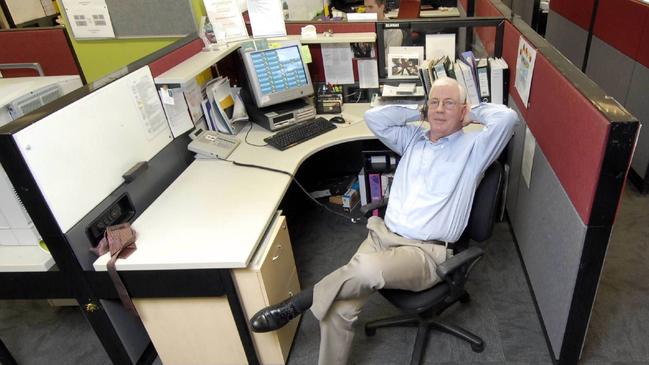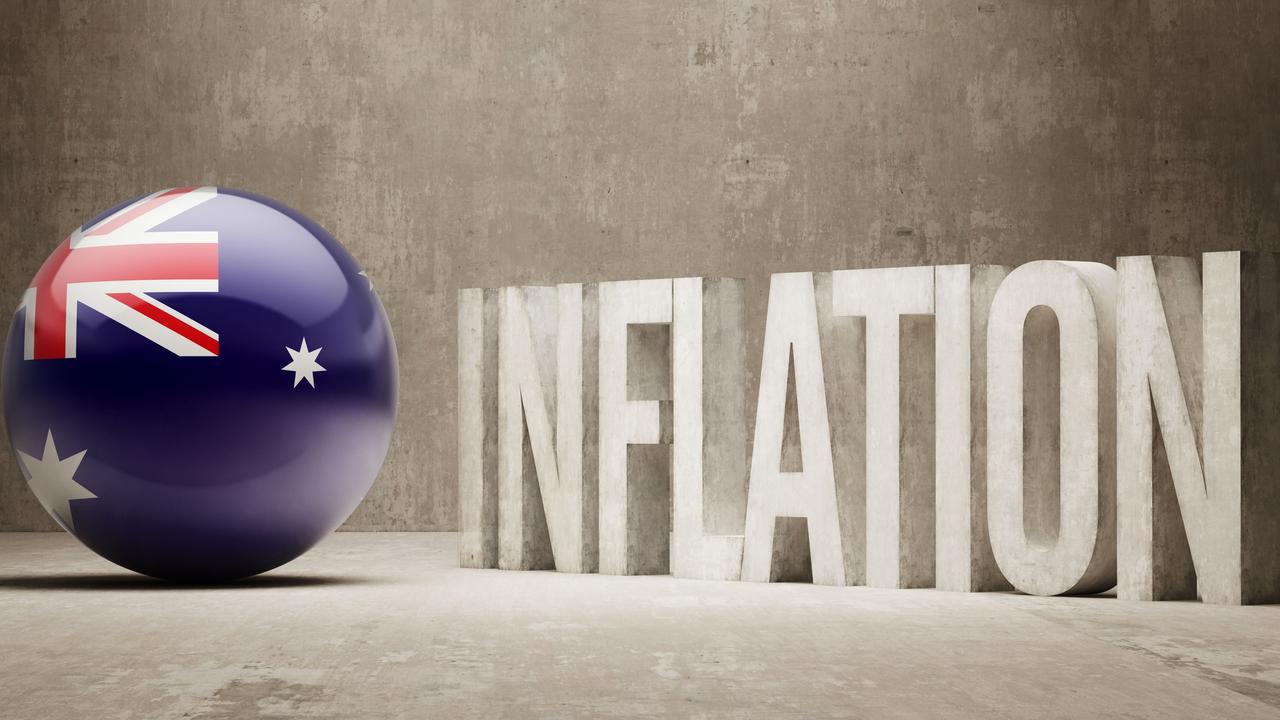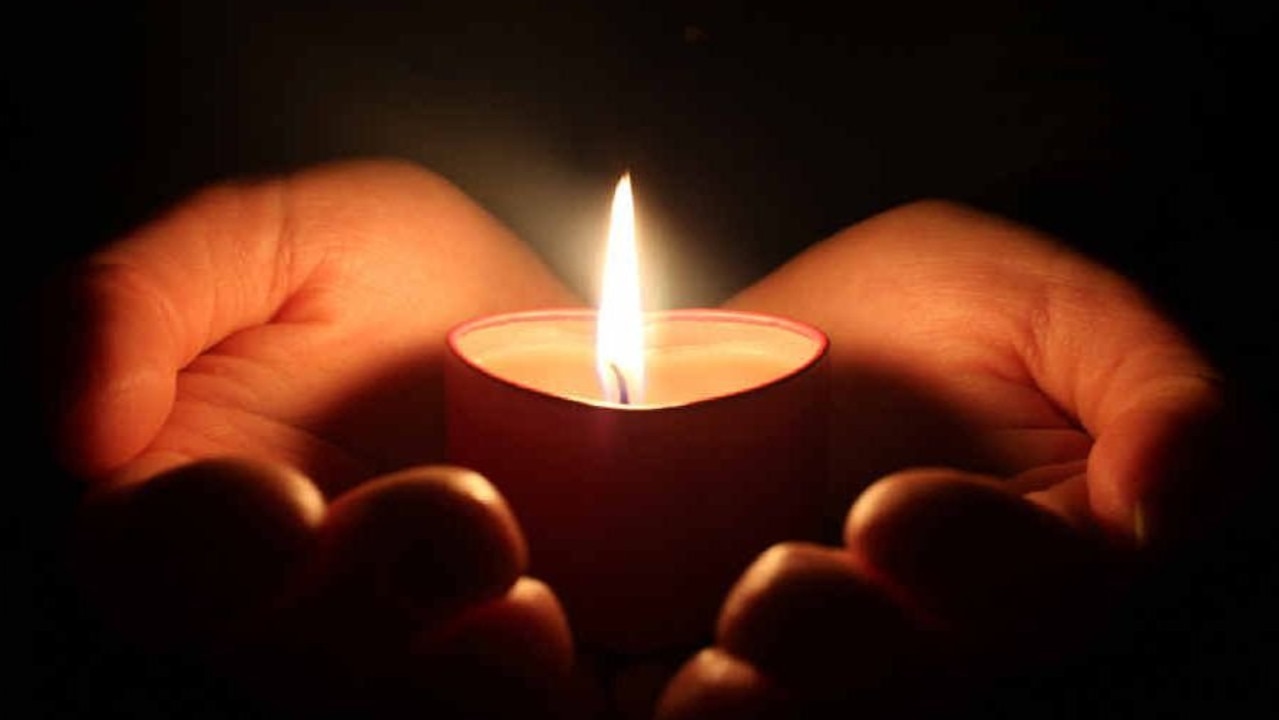
This is not speculation. It’s all there in black and white in the annual UBS Global Wealth report.
Australia wins hands down as the place to be for the everyday investor. Of course, some countries are richer. In the US, for example, there is more wealth but it is held by a relatively smaller group of people.
The median wealth per adult in the US in 2022 was just $US107,320. In Australia the figure was more than twice as high at $US247,450. On this basis, we are just pipped by Belgium for the being richest in the world with a figure of $US249,940.
But when you look at what the global investment bank calls a “smoothed” analysis allowing for all adjustments, Australia wins outright as the wealthiest country in the world with median wealth of $US268,857 per adult.
As an open economy, our fortunes can vary widely, often on the basis of commodity prices.
But the central theme here, that many more people have a chance to be rich in Australia than in most other countries, is not under question.
What is under question is the price we pay to achieve this status – we are rich on paper, but how does that translate into reality?
Does a $1m home make you a millionaire? Or does it merely imply that you have an $800,000 mortgage that costs you more than $40,000 a year after tax.
A modest house on a modest street can be worth $1m, but it remains the same house on the same street. The cash value means little to you unless you plan on selling up and moving very far away.
It’s only in the past few months, as the economy moves on from the dislocations of the post-Covid period, that we are getting a clear view of wealth patterns in Australia – and how much they really cost.
Working forever
It’s ironic that we are supposed to have the one of the best superannuation systems in the world yet people find they need to work even longer before they feel they have enough money to retire.
The nation’s super system is good for building retirement income, but poor for helping people secure a stable income stream in retirement.
Taken at a glance, it is clear that many Australians have more than enough to finance their retirement. Again, this is not speculation. We have the third-highest ratio of retirement assets to GDP in the G20, and of course we have a government aged pension with universal access.
And still, if you look at the global surveys such as the Natixis Global Retirement Index, Australia is actually slipping in terms of overall rankings.
An Australian can expect to retire at 65.5 years – which is later in life than a citizen of the EU, the UK or even the US.
Certainly not everyone wants to retire, but there is larger group that does not want to work a day longer than necessary.
Yet here we are working for longer than ever before. And before anyone says it’s because we live longer, it is that “longevity risk” that is most likely underpinning the perceived need to keep adding to the nest egg.
As we are endlessly pressured by big super telling us we might not have saved enough for a “comfortable retirement”, one thing is for sure, everyone in the super industry will have a comfortable retirement as the compulsory contribution rate (the Superannuation Guarantee Charge) continues to climb.
How much do you need to retire? How long is a piece of string? It depends.
What we know for a fact is that many middle-income Australians ultimately leave the bulk of their retirement savings to their estate.
Whether they meant that to happen is unclear, but more Australians working into their seventies is unlikely to be a sign of social progress or, indeed, a sign of prosperity.
Toiling more hours
As labour productivity across the economy continues to decline – and artificial intelligence is about to accelerate automation – it turns out we work more hours each week.
The Productivity Commission – that government-funded stalwart of super concession sceptics – recently reported a surge in the number of hours worked by individual employees across the economy.
The reality, of course, is that working more hours has little to do with being more productive, and a lot more to do with the drive to take home more money.
Inflation is back with a vengeance and prices for goods and service have lifted dramatically. For a generation that had never witnessed the corrosive effect of inflation on salaries, the change is severe. Already we can see from official statistics that, after health and school fees are taken into consideration, the share of borrowers with negative cash flows has quadrupled to 14 per cent.
Indeed, the PC itself laid it out quite clearly: “As the cost-of-living pressures bite further, workers may respond to this negative real wealth shock by seeking to work more hours to try to maintain a reasonable standard of living.”
Mortgage money
Cash rates have gone from 0 per cent to 4 per cent in the blink of an eye – the standard variable mortgage rates is now, wait for it, 9.13 per cent!
Which is hell for owner-occupiers and yet offers little joy for property investors since the best they might expect in terms of capital appreciation for the calendar year might be about 4 per cent.
In fact, we have yet to fully recoup the residential losses seen in the Covid drop. We would need to see home prices rise 1 per cent more to get back to where we were in pre-Covid.
We are not just putting a greater share of income into mortgage repayments. At more than 15 per cent, we are actually putting in a greater share than any other advanced economy, the International Monetary Fund revealed this week.
We are paying more on the mortgage than anywhere else – the figure is nearly 50 per cent higher than in the UK or the US.
Every dollar that goes into the mortgage gets sucked out of consumer spending. That’s why there are all those empty shops on your local shopping strip. It’s why the crowds in the cheap restaurants have been replaced by someone riding around with hot food on the back of a motorbike.
Putting it all together, we can understand why our special position in the global wealth tables is not taken that seriously. On one reading we might have the highest median wealth per head in the world – but just now it is a prize that comes at a very high price.








One of the best things about Australia, surely, is that we live in what just might be the wealthiest country in the world. Better still, that wealth is relatively well distributed. Anyone can invest successfully and have a chance to achieve the lifestyle they desire.